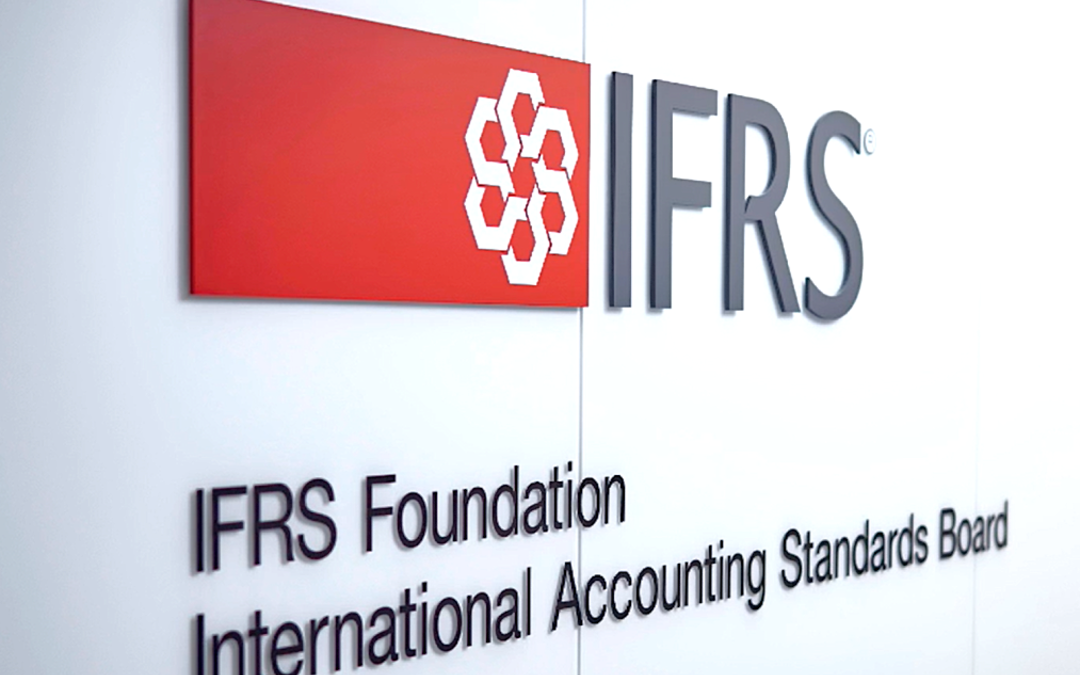ISSB Launches Consultation on SASB Standards Updates for ESG Reporting
ISSB launches consultation on SASB Standard updates to enhance alignment with global sustainability disclosure requirements.
The International Sustainability Standards Board published two exposure drafts on Thursday, proposing targeted and wide-ranging amendments to the Sustainability Accounting Standards Board Standards.
The proposals mark the first comprehensive review of priority industries and aim to improve alignment with the ISSB’s global sustainability disclosure framework.
Nine Priority Industries Under Review
The proposed amendments cover a full review of nine industries — eight in the extractives and minerals processing sector and one in the processed foods industry.
The changes aim to enhance consistency with the ISSB’s International Financial Reporting Standards S1 and S2 disclosure standards, enabling companies to provide more decision-useful, industry-specific information to investors.
The affected standards include those related to coal operations, construction materials, iron and steel production, and the metals and mining industries. They also cover four oil and gas subsectors: exploration and production, midstream, refining and marketing. The standard for processed foods from the food and beverage sector is also part of this review.
Expanded Amendments Across 41 Additional Industries
Beyond the priority industries, the ISSB is proposing updates to specific metrics in 41 additional industries. These changes focus on enhancing disclosures in key sustainability areas, including water management, greenhouse gas emissions, labor practices and workforce health and safety.
Consequential amendments to the Industry-based Guidance on Implementing IFRS S2 are also proposed for 37 of those 41 industries, ensuring climate-related content remains aligned across both frameworks.
Stakeholder Feedback Sought
The proposals offer a key opportunity for global stakeholders, including investors, preparers, regulators and auditors, to provide comprehensive input on the relevance, cost-effectiveness and usefulness of the SASB Standards.
“SASB Standards are widely used voluntarily and are an important source of industry-based guidance for those using the ISSB Standards,” said ISSB Vice-Chair Sue Lloyd. “This comprehensive review for nine industries further aligns the language and concepts in the SASB Standards with the ISSB Standards.”
An extended 150-day comment period is now open, with feedback due by Nov. 30, 2025. A dedicated online survey allows stakeholders to respond in full or selectively on specific sectors or topics of interest.
Focus on Interoperability and Global Relevance
The exposure drafts were developed in consultation with a broad range of stakeholders and international standard-setters, including the Global Reporting Initiative, the European Financial Reporting Advisory Group and the Taskforce on Nature-related Financial Disclosures.
The ISSB stated that the proposals reflect a strong focus on interoperability with other sustainability reporting frameworks and are designed to ensure the global applicability of the SASB Standards.
Next Steps
The ISSB plans to finalize the amendments in 2026, following a review of stakeholder feedback. Additional exposure drafts covering electric utilities and power generators, as well as two standards in the food and beverage sector, are expected to be released before the end of 2025.
A new group of industries will also be considered for future enhancements later this year.
The SASB Standards provide industry-specific disclosure guidance for 77 industries and play a key role in the application of ISSB Standards.
Companies using ISSB S1 and S2 are required to refer to the SASB Standards to identify and report on sustainability-related risks and opportunities in a comparable and cost-effective manner.
Nirmal Menon
Related posts

Subscribe
Error: Contact form not found.


